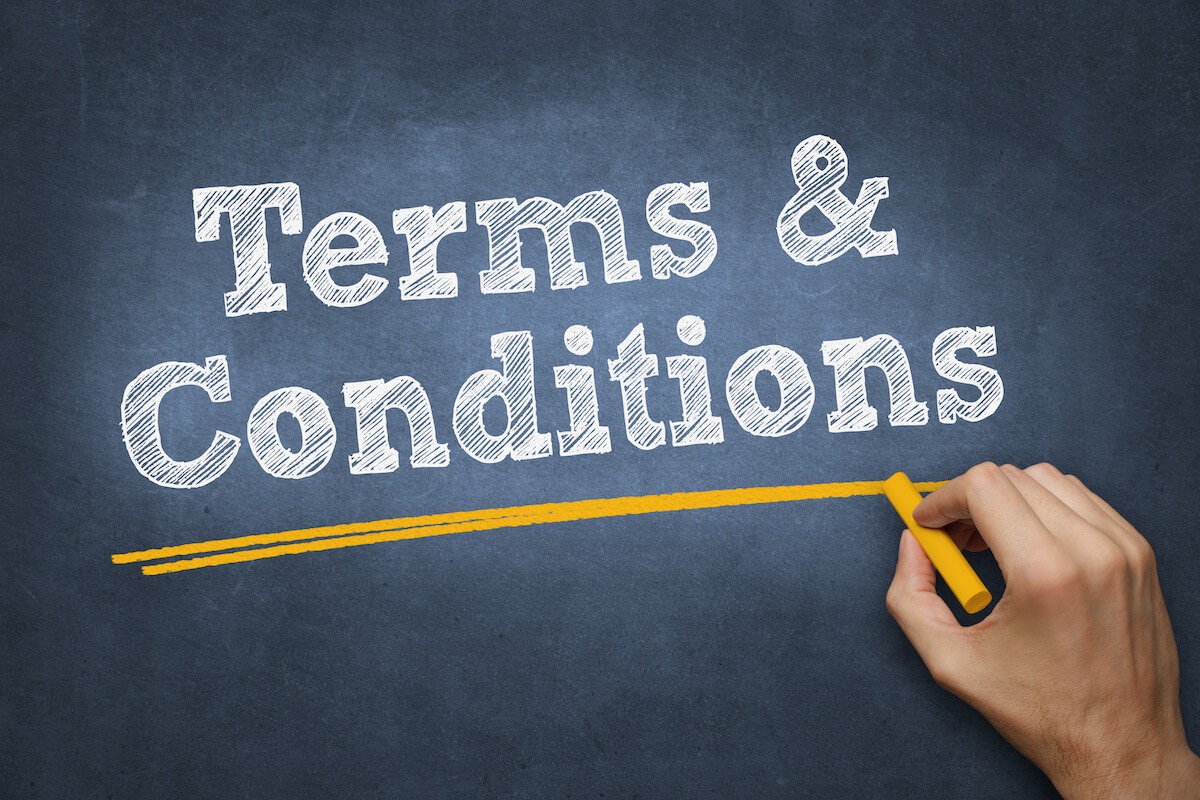Top 10 Reasons Your Website Must Have Terms and Conditions

In the bustling world of website development and online business, there's a crucial yet often overlooked aspect that can safeguard both you and your users: Terms and Conditions. These are more than just legal jargon; they're your digital shield, offering protection and clarity in the digital realm. Let's delve into the top 10 reasons why having robust Terms and Conditions on your website is not just a good idea, but an essential practice:
- Legal Protection: Terms and Conditions serve as a legal contract between you and your users, outlining the rules and guidelines for using your website. They protect your rights and limit your liability in case of disputes.
- Define User Rights: By clearly stating what users can and cannot do on your website, Terms and Conditions set expectations and boundaries, reducing the risk of misunderstandings or misuse of your platform.
- Ownership of Content: Your Terms and Conditions can specify who owns the content uploaded or generated on your website, preventing unauthorized use or distribution of intellectual property.
- Payment Terms: If your website involves transactions or subscriptions, Terms and Conditions can outline payment terms, refund policies, and billing procedures, ensuring transparency and preventing payment disputes.
- Privacy Protection: With privacy concerns on the rise, having clear Terms and Conditions allows you to outline how user data is collected, stored, and used, helping you comply with data protection laws and build trust with your audience.
- Dispute Resolution: In the event of disputes or legal issues, having well-defined Terms and Conditions can streamline the resolution process, potentially saving time and resources for both parties involved.
- Compliance Requirements: Depending on your industry or location, there may be specific legal requirements or regulations that your website must comply with. Terms and Conditions can help ensure that your website meets these compliance standards.
- Risk Mitigation: By setting out disclaimers and limitations of liability in your Terms and Conditions, you can mitigate risks associated with user-generated content, third-party links, or unforeseen technical issues.
- Changes to Terms: As your website evolves or new regulations come into effect, you may need to update your Terms and Conditions. Clearly stating your right to modify the terms allows for flexibility while maintaining transparency with your users.
- Establish Professionalism: Finally, having comprehensive and well-crafted Terms and Conditions demonstrates professionalism and commitment to ethical business practices, enhancing your brand reputation and credibility in the eyes of your audience.
In conclusion, Terms and Conditions are not just a legal formality; they're a vital tool for protecting your business, building trust with your users, and ensuring compliance with legal requirements. Whether you're running an e-commerce store, a blog, or a service-based website, investing time and effort into creating clear and enforceable Terms and Conditions is an investment in the long-term success and integrity of your online presence.
How to Write Terms and Conditions for Your Website
Writing effective Terms and Conditions for your website is essential for ensuring legal compliance and protecting your interests. Here's a brief guide to help you get started:
- Understand Your Legal Obligations: Familiarize yourself with relevant laws and regulations governing websites in your industry and jurisdiction.
- Identify Key Terms: Determine the key points you want to cover in your Terms and Conditions, such as user rights, content ownership, payment terms, and privacy policies.
- Use Clear and Concise Language: Write your Terms and Conditions in plain language that is easy for users to understand, avoiding legal jargon whenever possible.
- Be Comprehensive: Cover all important aspects of your website's operation and user interactions to minimize potential disputes or misunderstandings.
- Consult Legal Professionals: If you're unsure about any aspect of writing your Terms and Conditions, consider seeking advice from legal professionals specializing in internet law.
- Regularly Review and Update: Periodically review and update your Terms and Conditions to reflect changes in your business practices, legal requirements, or industry standards.
By following these guidelines and investing time and effort into crafting well-written Terms and Conditions, you can ensure that your website operates smoothly, complies with relevant laws, and provides a clear and transparent experience for your users.
220 0 7
Write a Comments
* Be the first to Make Comment















